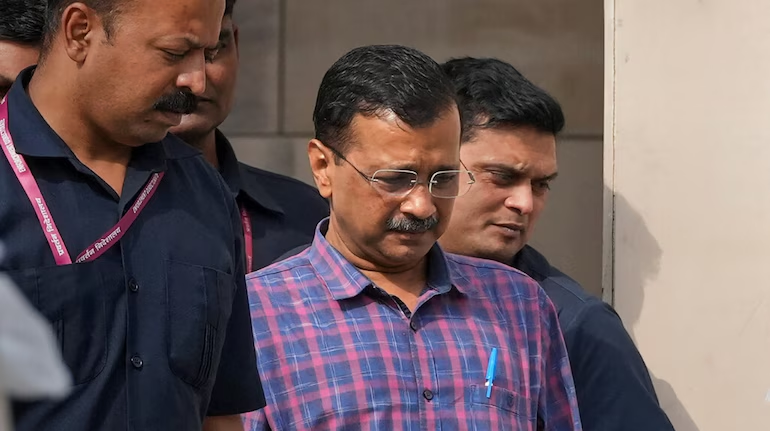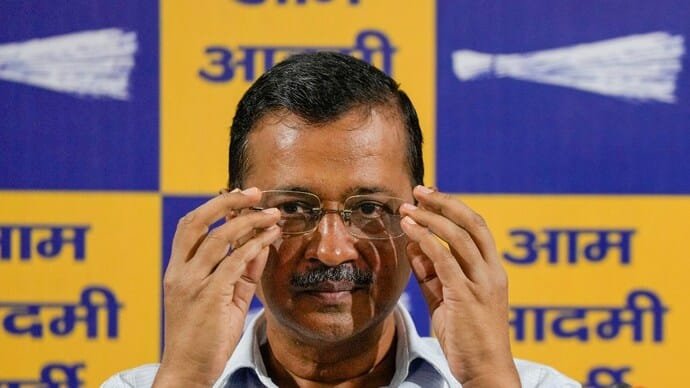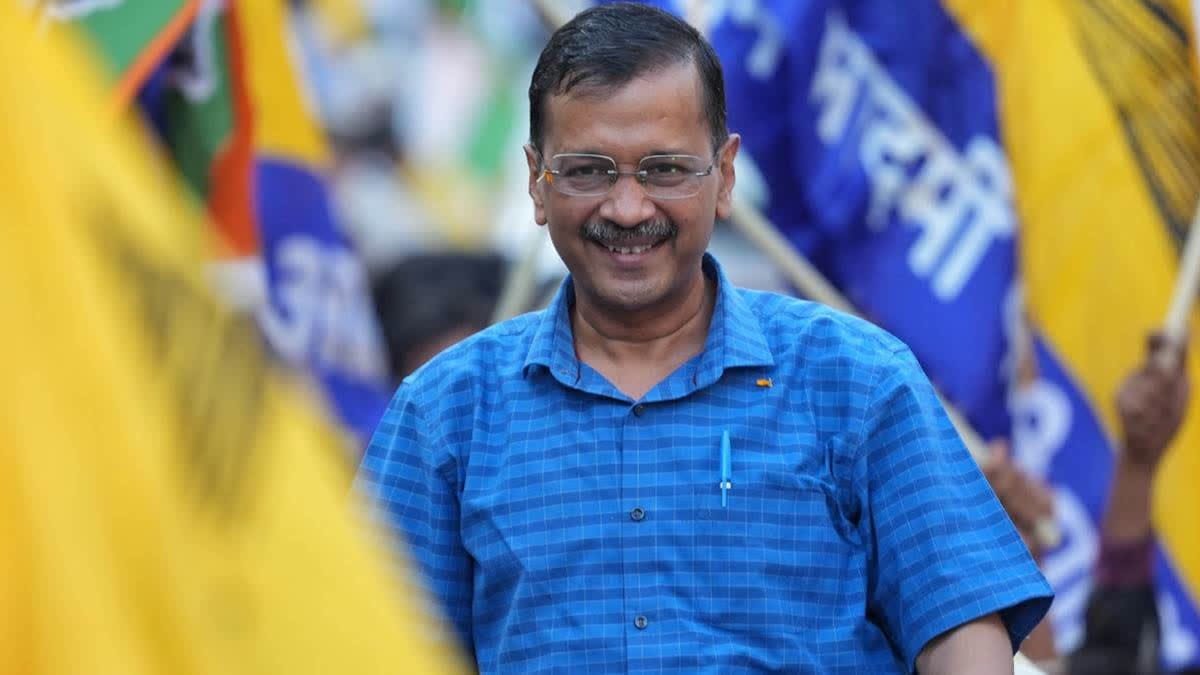Key Highlights:
Once again Delhi Chief Minister Arvind Kejriwal lost a matter in the Supreme Court. The Court rejected the appeal by Chief Minister of Delhi Arvind Kejriwal to quash the defamation case pending before the Punjab and Haryana High Court related to some remark on the Prime Minister Narendra Modi’s qualifications from a school. The bench comprising of Justices Hrishikesh Roy and SVN Bhatti again reiterated a judicial order that has been consistent so far on this issue. The case was based on Kejriwal’s comments about Modi’s degrees, which resulted in a defamation suit filed in the Gujarat High Court through Gujarat University. This decision is not an exception to its previous judgments either, as it had recently dismissed another plea from AAP leader Sanjay Singh earlier this year, in 2024.
Case Background
Prime Minister Modi’s educational qualifications had been a bone of contention over time in Indian politics. For 2016, Kejriwal countered Modi’s suspicions in public oration and further through a Right to Information application regarding the genuineness of Modi’s degrees. Gujarat University had already refused to give the information, which was later vindicated by the Gujarat High Court in 2023 by stating that the university had no duty to give such information. Just a few days after Kejriwal’s statement, Gujarat University also filed a defamation case against Kejriwal and Sanjay Singh; the statement had besmirched the university’s reputation, they stated.

Supreme Court Stand
End. Advocating for Kejriwal, Senior Advocate Abhishek Manu Singhvi argued his case that claims of defamation were baseless because Kejriwal’s remarks, he said were not a smear campaign directly at the university but sought to question the transparency surrounding the degrees of the Prime Minister. The court wasn’t perturbed by such arguments and claimed that all this had gone on pretty well at the lower courts.

Earlier, the Gujarat High Court had levied a fine of ₹25,000 on Kejriwal for misusing the RTI Act and creating unnecessary political controversy. That was a financial penalty perceived as a symbolical reprimand over attempts to undermine the legal provisions of the RTI for political gains. That, however did not deter Kejriwal from trying to challenge the High Court’s order by way of a review petition, only to be rejected by the Supreme Court.
Implications of the Judgment
The verdict marks a significant blow to Kejriwal and AAP, not only because the judgment sustained the defamation charges but also went ahead to question the use of courts for political scheming. The judgment vindicates the case put forth by Gujarat University, which had the chance to prove that Kejriwal’s statement indeed caused damage to its name, and thus substantiated the case against Kejriwal.
This judgment has been one among a string of defeats for Kejriwal and flagged the legal challenges his political career has to face. While he could project himself to be championing causes of transparency and anti-corruption, this judgment casts a looming light on that rhetorical play in positioning himself on opposite sides of the political prosecution versus legal prosecution practice. The court ruling also reminds all those who have mastered the all-important art of turning public statements into weapons without any reliable legal backup against them.
What Next?
With this, the judgment given by the Gujarat High Court has been upheld by the Supreme Court, and now, the case of defamation would be filed in the trial court. Hailing guilty could bring political and legal consequences seriously along with credulity towards Kejriwal as a public figure. In fact, the BJP has already milked the situation by alleging that Kejriwal and his party are defaming the country’s higher education institutes.
While Kejriwal may still have a few legal options available to him, including presenting an appeal for a stay on the trial or possibly further review in the judiciary, it is not going to get any easier. What was received as a political sideshow turns out to be a serious legal battle with long-term reverberations in Kejriwal’s career.
Conclusion
The Supreme Court’s decision in favor of Gujarat University now definitely forms a full-stop to this saga of litigation. It does so because it has created a precedent on how politically motivated defamation cases would be dealt with in the future by rejecting Arvind Kejriwal’s plea. For Kejriwal and the AAP, it is now a question of damage control and preparing for the next trial, which could change the course of their political aspirations.
This case reminds everyone to be careful while discussing issues in public space-mostly when the issues are so sensitive, such as the educational background of a sitting Prime Minister. While this legal affair will continue to unravel, Kejriwal as well as the BJP would both be anxiously tracking the events, knowing that the verdict of this trial would go on to mold the political discourses in India for years to come.
For Latest News Updates Click Here
